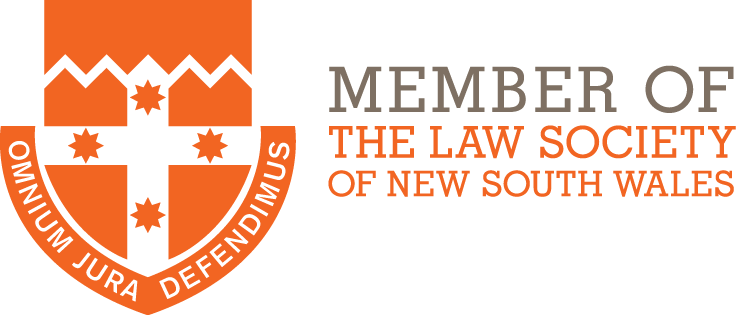District Court NSW
The District Court is an intermediate Court, sitting between the Local Court and the Supreme Court of New South Wales.
The District Court is one of the largest trial courts which also has an appellate jurisdiction. The District Court deals with all indictable matters, however, it does not deal with murder, treason and piracy matters.
District Court Appeals
This means that the District Court has the power to deal with appeals from the Local Court including severity appeals or conviction appeals. There is a filing fee associated with District Court appeals, the current fee for filing a severity appeal is $117.00. Your appeal must be lodged within 28 days of the sentence. Leave can be granted to file the appeal out of time but there is a strict 3-month time limit. If you're seeking to lodge a conviction appeal, you must first wait until the sentence is complete.
Arraignment
If you have been committed for trial or sentence to the District Court, the first mention is called an arraignment. At this mention the prosecution will present an indictment, namely, a formal document which sets out all the charges alleged against you. You will then be required to enter a formal plea of guilty or not guilty before the Court and will either be given a hearing date for sentence or a trial date.
Trials
A trial is a hearing of your matter before a jury (or Judge alone) who will determine on the evidence whether you are guilty or not guilty of the offence(s) you are alleged to have committed. The prosecution has the responsibility of proving beyond reasonable doubt that you have committed the offence(s).
You may wish to challenge this evidence by cross-examining witnesses or producing your own evidence which contradicts the evidence produced by the prosecution. In these types of matters, a barrister is usually engaged. A barrister works together with your solicitor to provide expert advice and advocacy skills.
Judge alone trials
If you elect to have a ‘judge alone’ trial, the judge will play the role of the jury as well as the judge. The judge will apply legal principles, find facts upon the evidence that is presented and come to a decision as to whether a Defendant is guilty or not guilty. Judges must provide their reasons for coming to their decision. Where as Juries do not have to provide their reasons.
Sentences
A sentence hearing is held when you have formally entered a plea of guilty or have been found guilty at trial. Sentence hearings are heard before a single Judge who will sentence the defendant. In sentencing proceedings, both the Prosecution and the Defence will make submissions on your behalf as to the appropriate sentence. The judge will take into account the facts of the case, the Defendant's role in the criminal conduct, criminal history or lack thereof, mitigating and aggravating factors, subjective material such as testimonials and expert reports. Sentences can take months to properly prepare. It is important to have all of the material that you seek to put before the Court ready on the date of sentencing as you only have the one chance. An appeal to the CCA cannot be made on the basis that there is fresh evidence or new material which has arisen which is relevant to sentencing.
Sentences
If you need more information or wish to discuss your upcoming sentencing proceedings please feel free to contact us and make your obligation free appointment with one of our solicitors.


